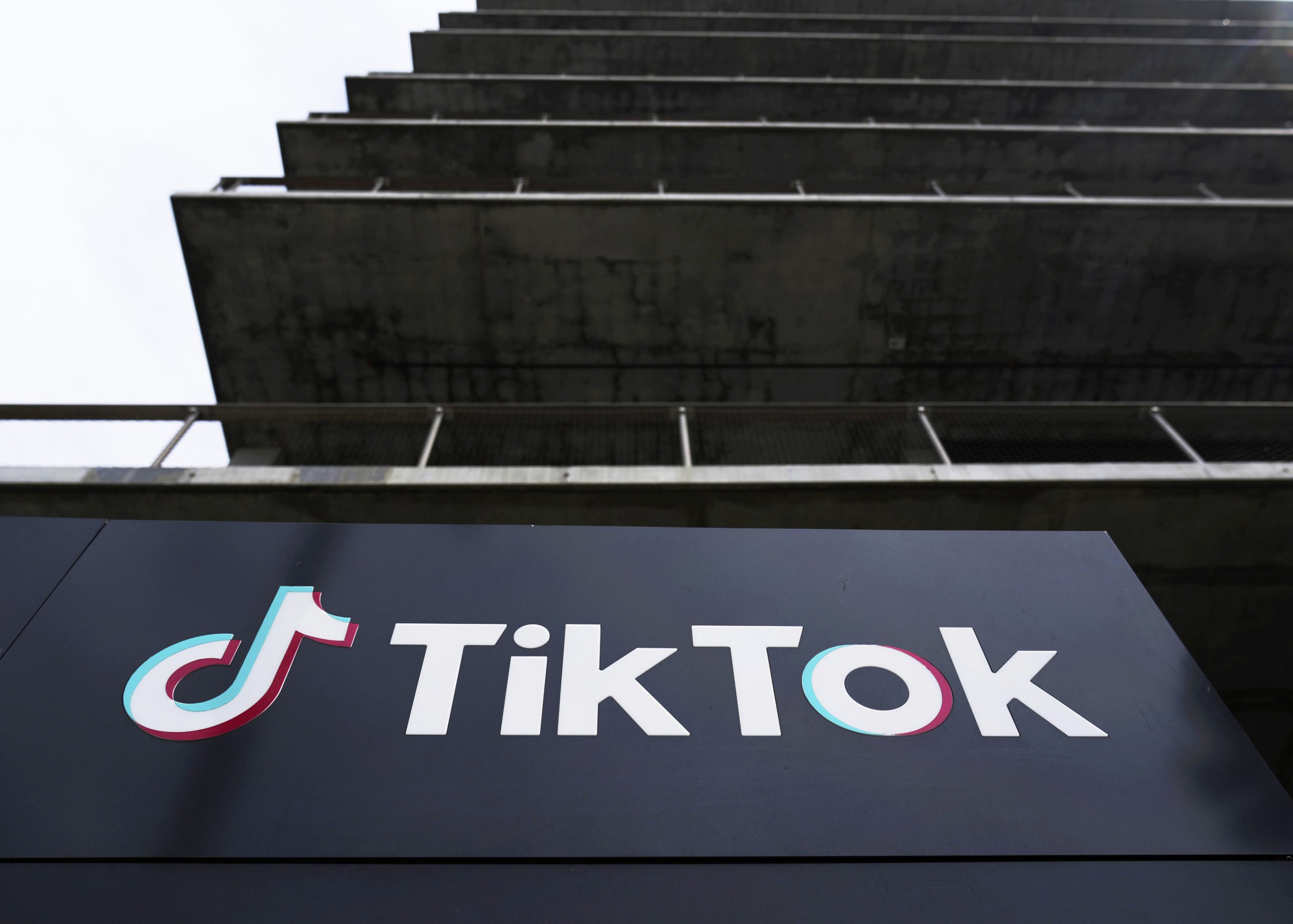Pakistan calls for AI to be regulated under UN charter, warns against military application
By APP | Dawn.com
Copyright dawn

Pakistan has called for the use of Artificial Intelligence (AI) to be regulated by the United Nations charter, particularly its military use, warning that “AI must not become a tool of coercion.
As artificial intelligence advances without meaningful checks, Pakistan’s call at the UN reflects wider concerns voiced by developing nations that powerful states will shape the rules to their advantage.
Earlier this year, the United Nations General Assembly (UNGA) adopted a resolution urging inclusive and equitable AI governance that bridges the digital divide, while countries in the Global South, from Indonesia to Brazil, have warned that unchecked deployment risks deepening inequalities.
Defence Minister Khawaja Muhammad Asif, while speaking at a high-level debate on AI under the agenda item “Maintenance of international peace and security” during the sidelines of the 80th UNGA session in New York, highlighted AI’s potential for misuse and called for the UN Charter and international law to “fully govern the development and use of AI applications.”
”AI must not become a tool of coercion, or technological monopoly,“ the state-run Associated Press of Pakistan (APP) quoted him as saying.
The APP reported that the meeting was chaired by South Korea’s President Lee Jae Myung, as the country holds the 15-member Council’s presidency for September.
Warning against AI’s military applications, the minister stressed that while AI may be the “most consequential, dual-use technology,” it also has the potential to deepen “inequalities, and destabilizing international order.”
“Applications, without meaningful human control, should be prohibited,” he added while addressing the 15-member council.
Noting the perils of unregulated AI, Asif pointed out that, “Unregulated and irresponsible use of AI enables disinformation campaigns, offensive cyber operations, and development of new types of armaments.“
“The accelerating weaponisation of AI, through autonomous weapon systems, and AI-driven command and control systems, poses a grave danger.”
He urged the states to “commit to measures that prevent destabilising use, and pre-emptive incentives.”
Referring to the four-day military standoff between India and Pakistan in May, Asif noted that during the conflict, “autonomous munitions and high-speed dual-capable cruise missiles were used by one nuclear-armed state against another during a military exchange,” cautioning that the instance demonstrates the “dangers that AI can pose.”
Warning against the changing future of warfare, he said, “AI lowers the threshold for use of force, making wars more politically and operationally feasible.”
AI “compresses decision-time, narrowing the window for diplomacy and de-escalation,” the minister cautioned, adding that AI also “blurs domain boundaries, merging cyber, kinetic, and informational effects in unpredictable ways.”
He called for AI use to promote “peace and development” rather than “conflict and instability.”
“Let us preserve the primacy of human judgment, in matters of war and peace, ensuring that, even in an age of intelligent machines, innovation is guided by principles of morality and humanity,“ Asif said.
UN Secretary-General Antonio Guterres, who opened the debate, while highlighting the many uses of AI along the lines of food insecurity, de-mining, and violence outbreaks, cautioned that, “Without guardrails, it can also be weaponised.“
AI is “no longer a distant horizon — it is here, transforming daily life, the information space and the global economy at breathtaking speed,“ he said; however, “innovation must serve humanity — not undermine it.”
Recalling the establishment of the UN’s Independent International Scientific Panel on AI and a Global Dialogue on AI Governance, Guterres remarked, “humanity’s fate cannot be left to an algorithm” as “humans must always retain authority over life-and-death decisions”.
On that note, he called on the council and the member states to “ensure that human control and judgment are preserved in every use of force,” APP quoted him as saying.
Gueterres further called for “a ban on lethal autonomous weapons systems operating without human control, with a legally binding instrument by 2026,” APP reported.
“Similarly, any decision in nuclear weapon use must rest with humans — not machines”, APP quoted the UN Secretary General as saying.
“From nuclear arms control to aviation safety, the international community has risen to the challenge of technologies that could destabilise our societies —by agreeing to rules, building institutions, and insisting on human dignity,” he said.
“The window is closing to shape AI — for peace, for justice, for humanity. We must act without delay.”
Addressing the council, Yejin Choi, a senior fellow at Stanford University’s Institute for Human-Centred Artificial Intelligence, pointed out that the “current progress in AI is too concentrated among a handful of companies and countries.”
“When only a few have the resources to build and benefit from AI, we leave the rest of the world waiting at the door,” she said.
“Let us expand what intelligence can be — and let everyone everywhere have a role in building it.”
“Ms Choi urged governments and international institutions to invest in alternative approaches beyond scaling ever-larger models, arguing that smaller, more adaptive systems could lower barriers to entry,” APP reported.
“She also pressed for stronger representation of linguistic and cultural diversity, noting that today’s leading AI models underperform for many non-English languages and reflect narrow cultural assumptions.”
The development comes a day after Google announced the rollout of its “Google AI Plus plan” in 40 more countries, including Pakistan.
“Pakistan’s digital landscape is vibrant and growing, and we’ve been inspired by the creativity Pakistanis have shown in adopting AI tools,” said the Country Director of Google Pakistan, Farhan Qureshi, in a statement.
In July, the federal cabinet approved the National AI Policy 2025.
The policy outlined training a million AI professionals by 2030, establishing an AI Innovation Fund and AI Venture Fund to boost private sector involvement, creating 50,000 AI-driven civic projects and 1,000 local AI products in the next five years.
“Our youth are Pakistan’s greatest asset. Providing them with education, skills, and equal opportunities in AI is a top priority,” PM Shehbaz said while chairing the July meeting.



